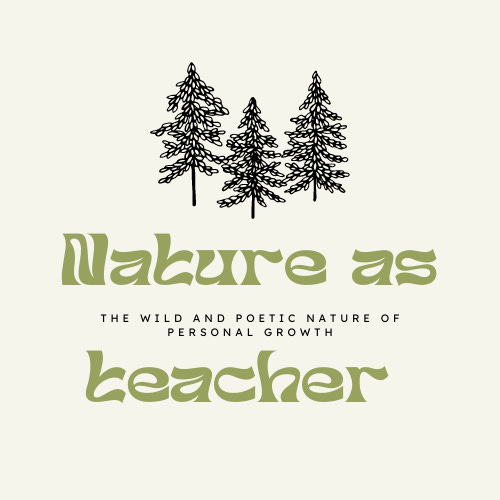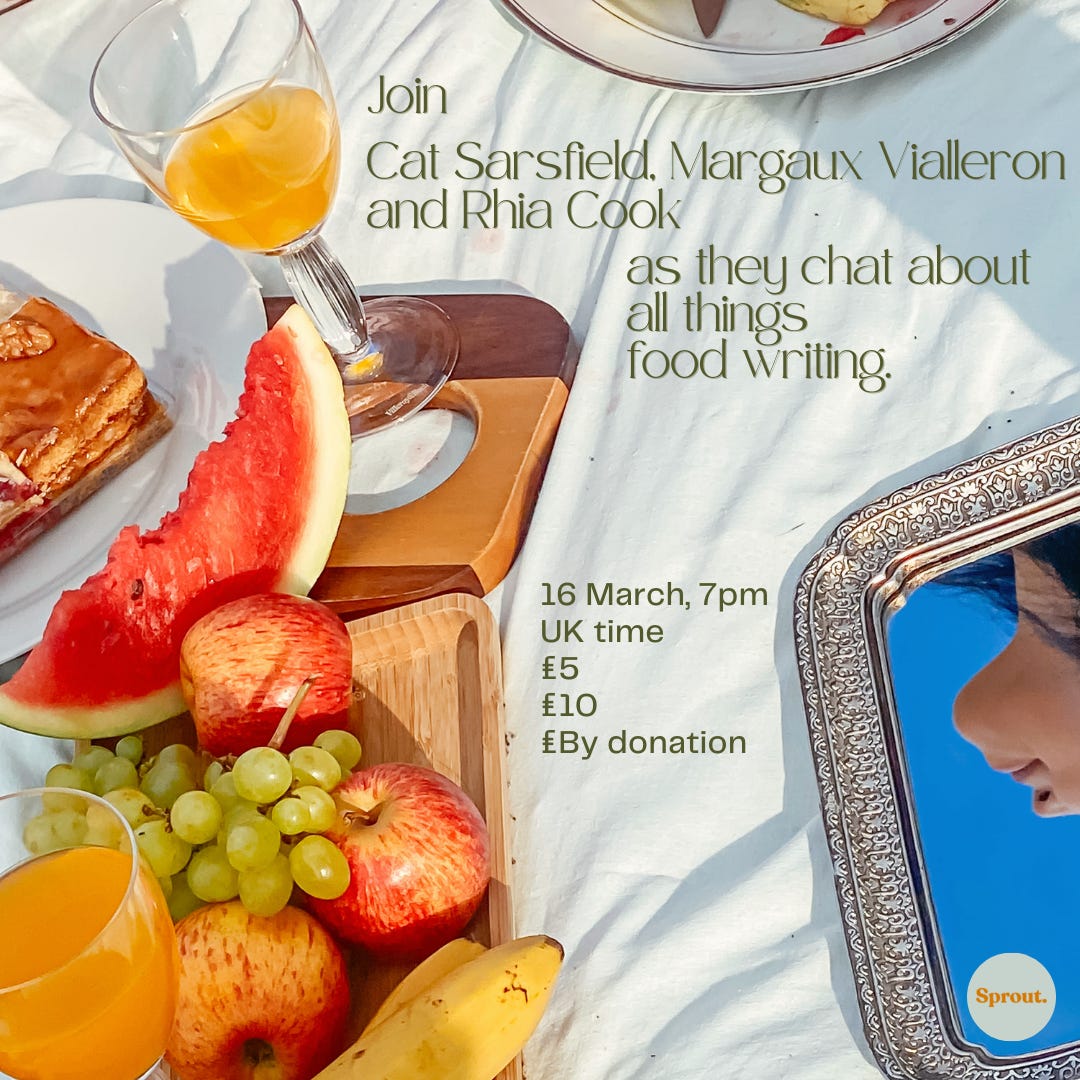Preface: I wrote this letter before Russia invaded Ukraine. I wondered whether it was appropriate to send, given that personal growth and self-development dreams are luxuries during a time of crisis. I ultimately decided to publish it as a hopeful reminder of why and how we live.
For readers who are in Ukraine, or have loved ones there: I see you. For Russians who are confused and outraged at Putin’s senseless call for violence: I see you, too. For those of you watching from the sidelines wondering how to take action, here are some resources to explore with details on how to support:
The Guardian, How can Britons help the people of Ukraine? A comprehensive list of charities and political action to take.
Cosmopolitan, How you can help the people of Ukraine right now A broad list of not-for-profits to support, resources to stay informed, and how to respond within your community
💙💛
At the ripe old age of 34, I have decided life is easier when you think about challenges and setbacks as an opportunity for growth. It’s not an easy mindset to maintain, especially when life has knocked you to the ground and you cannot fathom how you could possibly get up again. But if you can manage it, it truly does make things easier.
One of my dear friends believes the meaning of life is to learn. And since I heard her say that, I have decided that it’s true. Her words became somewhat of a mantra for me. This way of thinking has the power to transform difficult moments from traumas we need to survive, to portals to greatness.
Changing our mindsets to consider trying times as part of life’s curriculum is a humbling experience. It can teach us compassion. Or show us how to be grateful and to live a little more intentionally. Our perspectives shift. We live this way until the next time we have the wind knocked out of us, and we find ourselves learning the same lessons all over again.
Because my brain thinks in metaphors, I usually imagine overgrown gardens and unruly forests and century-old oak trees when I think of growth and personal development. There is something poetic about nature’s wild tendencies that perfectly encapsulates the nuance of painful (but beautiful) personal growth. We take root to brace ourselves for change. We are scrappy: reaching for whatever light sources we can find. We take stock, preserving energy and resources until we are truly ready to bloom.
Louise Wark is a writer who writes about nature’s contrary habits. This week we are featuring her words and reflections on a year in her garden. If you are an OG subscriber you might recognise it from an edition in early 2021.
I l♥️ve supporting writers at every stage of their journey and helping them to grow. If you want to feature your writing in Sprout, leave a note here and let’s talk about what you want to write. ■
It makes my head spin when I think of the growth happening in my garden right now. Sunflowers and neighbouring tomatoes, coaxing each other along in a race to reach the sky. Cucumbers that escape early detection, leaving you wondering how you missed seeing something the size of a rolling pin hanging from your vine. Pumpkin leaves like heavy curtains that you need to pull aside with two hands to peek at their growing orbs underneath.
I learn something every day in my garden. And generally, it is my ego that takes the lessons. The seeds I thought would be giving me armfuls of blooms by now, failed to germinate. The tomato plants that I never stake nor water nor give a sideways glance, self-seeded from last year’s compost, are the biggest producers. The plants I leave the most room for end up being tiddlers and the ones I cram in at the last minute try to take over the world.
It is this surprise, the delight at seeing a living thing thrive before your very eyes, that is the seductive nature of gardening. I sow seeds and hope, dreaming but never imagining, the scale of growth. It is literally like throwing ideas into the universe and seeing what Mother Nature sends back.
Just as exciting as seeing the pace and rate of summer growth, is the thought of the enjoyment that comes when it stops. There will be a day soon when the sunshine seems quieter, the heat dissipates, and the garden slows. The growth still goes on, just underground this time. It’s not the flashiness of summer, no peach-juice-down-the-arm delight, but more a time to stretch roots and let the soil organisms do their work.
I will have the equally pleasurable task of cutting down the summer foliage, hauling it to the compost heap. We will pretend to use the pumpkin leaves as umbrellas, see who can whack the unripened tiny tomatoes the furthest with a cricket bat, pluck seeds from fat flower heads and use corn plants as duelling weapons.
All the while we will dream of the seeds we will sow, the living things we will leave space for, and the growth that might possibly happen next summer.
Words by Louise Wark, writer and gardener behind @the_cambridge_diary
If loving food so much you want to write about it is your jam, come along to At The Dinner Table and find your people.
Panel guests include Margaux Vialleron of Salmon Pink Kitchen, Cat Sarsfield the writer behind Since No One Asked, and Rhia Cook founder and editor of Potluck Zine.
Zoom
16 March at 7pm GMT (recording available for 24-hours afterwards)
£5/£10/Pay what you can
Thanks for reading!
Sharing is caring 💌
If you like what you read, please forward this email to someone who you think will love it, too.
Leave a 💬 or ♥️ to spark a conversation.






Beautiful words and so true at this trying time. Change can start with a small seed of hope.Xx